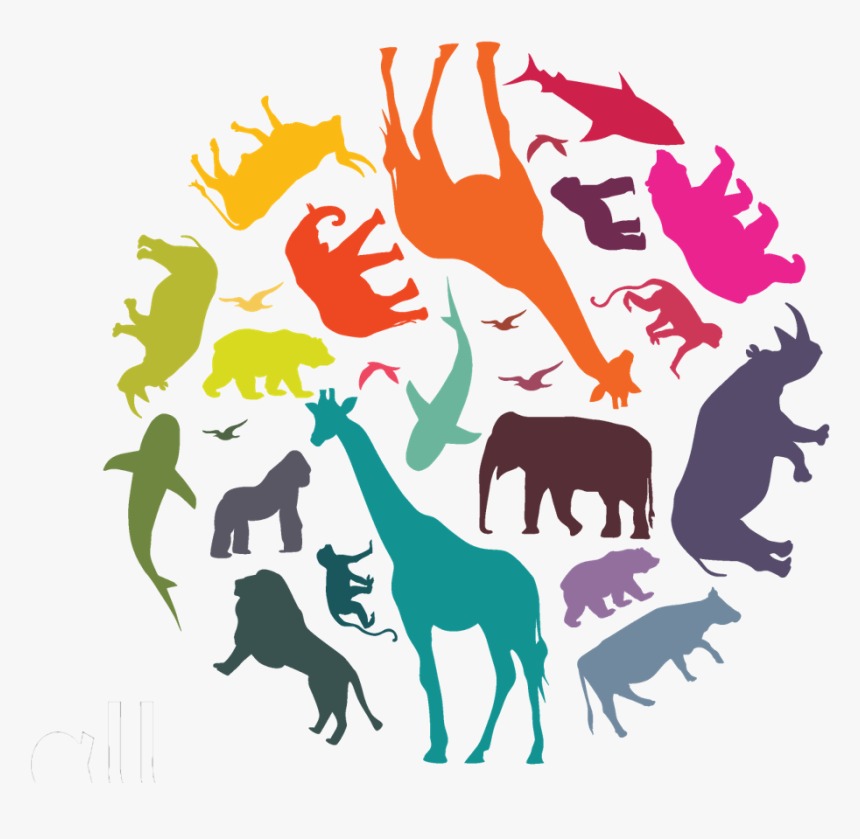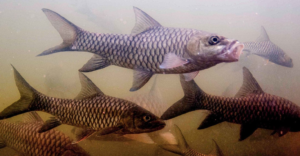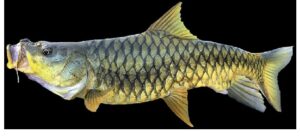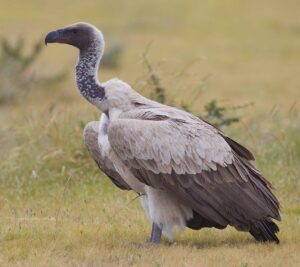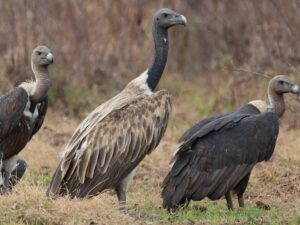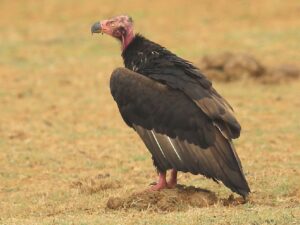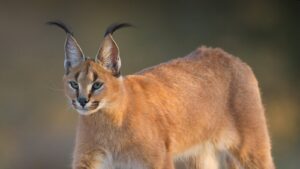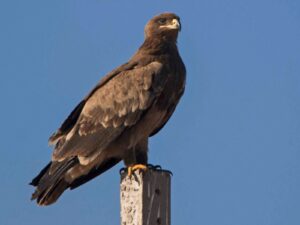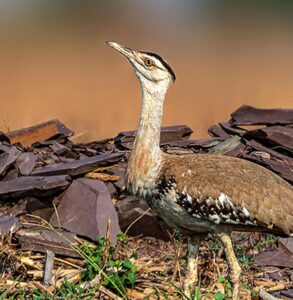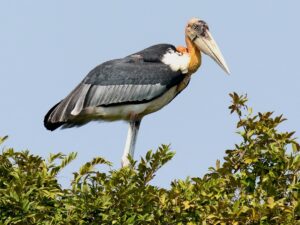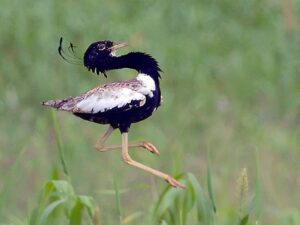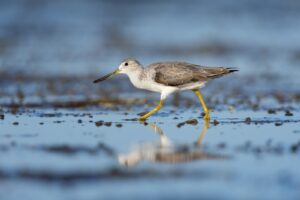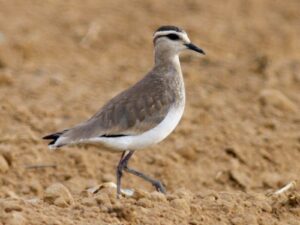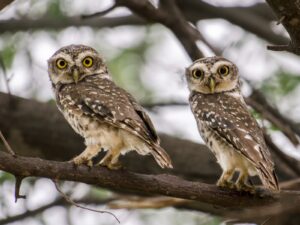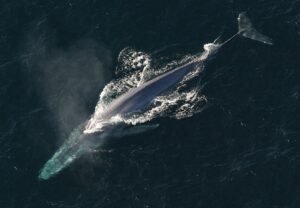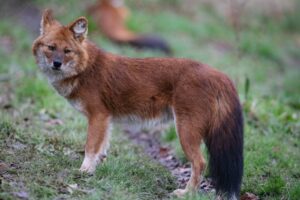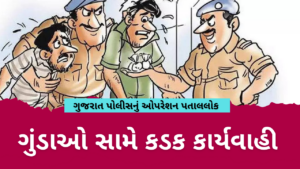– An article by Karan Modi
There are many animals, plants, and insects that are on the verge of going extinct. These species require help immediately. Thus, to save them and to keep people aware about how fragile the existence of some animals, Endangered Animal Species Day was created.
It is observed annually on the third Friday in May. The National Endangered Species Day was created by the US Senate in 2006. The occasion is also an appeal to the policymakers of the world to boost the action to protect endangered species.
Here in this article, we will see some of the Gujarat’s endangered animal species:
This species is on the verge of slow extinction due to poaching and unmonitored angling, toxic and polluted water, and river construction projects.
2. Golden Mahseer
Pollution, habitat loss, and overfishing have contributed to the species’ population decline. Poachers’ use of firearms, electrocution, and obstruction of the migratory path owing to river valley developments are all dangers to the mahseer.
3. Leatherback Sea Turtle
The main reason why these turtles are falling into this category is due to nest depredation by humans and animals, fishery related mortality, sand mining and extensive coastal industrial activity, including ship breaking yards, ports and oil refineries.
4. Green Sea Turtle
Green turtles are threatened by overharvesting of their eggs, hunting of adults, being caught in fishing gear and loss of nesting beach sites.
5. Indian White-backed Vulture
This species is falling under the endangered category due to food shortages, loss of habitat, and the usage of non-steroidal anti-inflammatory drugs such as diclofenac, which is used to treat domestic cattle.
6. Long-billed Vulture
Similarly as mentioned above, the use of a drug called diclofenac is causing great harm to this species of vulture. Diclofenac is a medicine people give their livestock (cattle, donkeys) when they fall ill.
7. Red-headed Vulture
Again, this species of vulture suffered from the extensive use of a drug called diclofenac, which is given to the cattle. When vultures eat those dead cattle, they get ill and die eventually, drastically reducing their population.
8. Caracal
The main reasons behind why this species is in the endangered species categories are habitat loss and hunting by humans.
9. Steppe Eagle
The decrease in forest cover means that the small animals and birds, which are included in the eagle’s primary diet, are decreasing. This has caused the eagles to venture out to greater distances in search of food. Thus, the species falls under the endangered category.
10. Great Indian Bustard
The main threats to the Great Indian Bustard are shrinking habitat, industrialisation, mining, and intensive agricultural practices.
11. Greater Adjutant-Stork
Key threats to the species are direct exploitation, removal of nest trees, conversion, pollution, and over-exploitation of wetlands. Additionally, the Indian species is threatened by dumping of carcasses and foodstuff along with other contaminated rubbish dumps.
12. Lesser Florican
The main threats to this species are hunting and habitat degradation.
13. Spotted Greenshank
The species is falling under the endangered species category because of the development of coastal wetlands through industry, infrastructure projects, and aquaculture.
14. Sociable Lapwing
The reasons behind their endangerment are poorly understood but are likely to be at least partly due to migration flyway and hunting.
15. Forest Spotted Owlet
The forest owlets are only found in India with their population estimated at less than 1000. The main reason behind why this species has fall under the endangerment category is due to extensive deforestation.
16. Blue Whale
The primary reasons include entanglements in fishing gears and vessel strikes. Additionally, they are also threatened by environmental changes, toxics, and habitat loss.
17. Dhole
Due to habitat loss, degradation, fewer prey, disease, competition with other species, and retaliatory killing to protect livestock have contributed to decreasing population Dhole in Gujarat.

